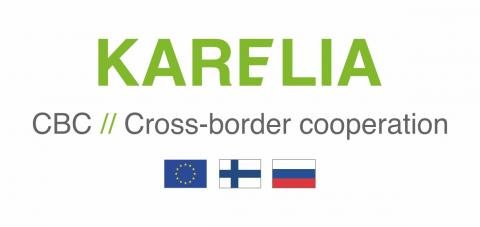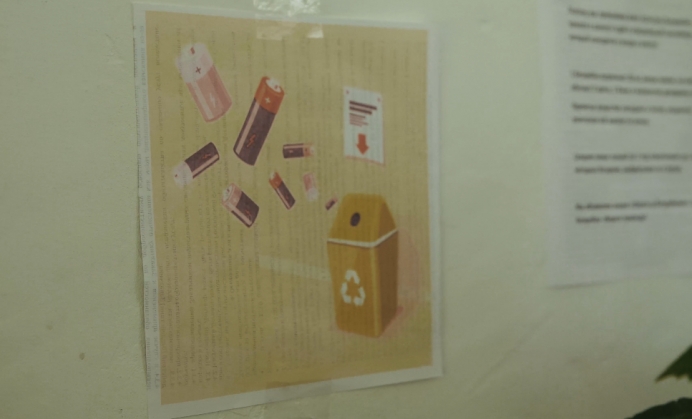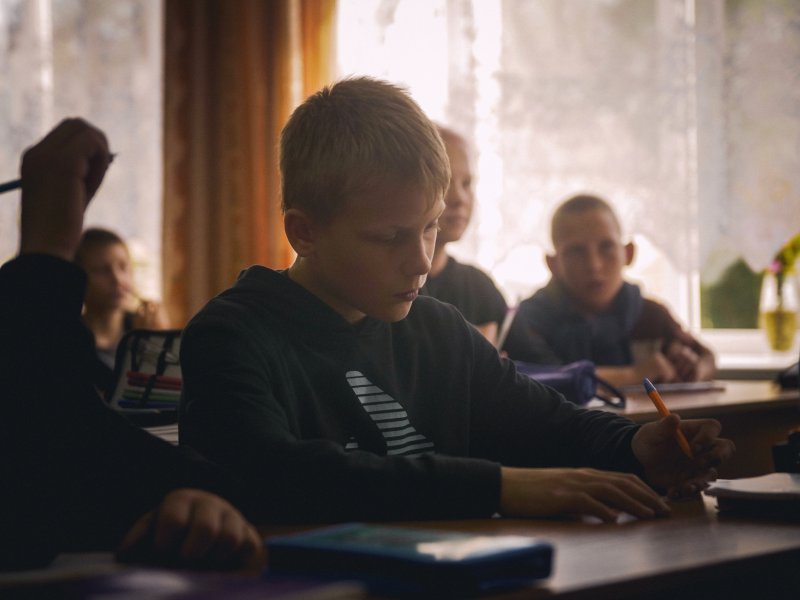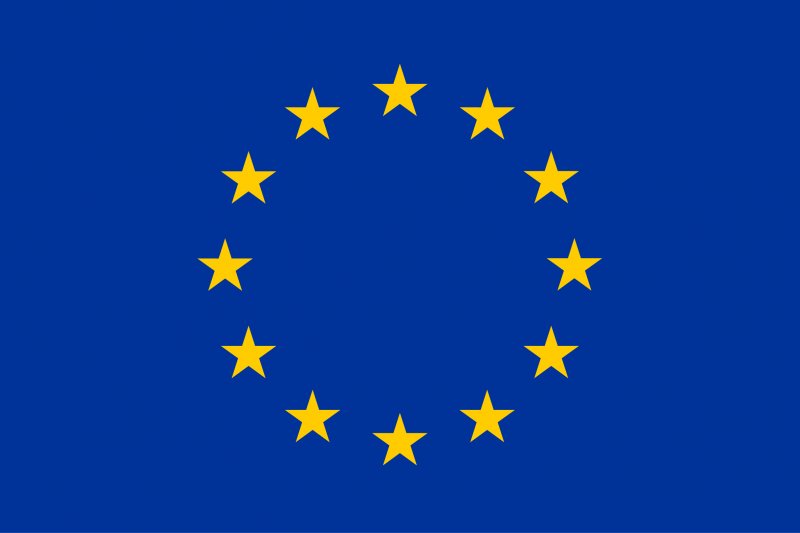This time, the school and the students were located in Naistenjärvi, a rural village in the Republic of Karelia in Russia. We were there to document the activities and results of WasteLess Karelias, a project developing better waste management solutions in rural villages in Finland and Russia.
When travelling to Naistenjärvi, the beauty of the region amazed us: hills covered by forests, leaves shining in bright autumn colours and the sun setting by the Lake Ladoga. Every now and then, we drove through a local village with small wooden, colourful houses full of history. But, we became also very aware of the need of the project after taking a closer look at the surroundings: litter was found everywhere from forest trails to playgrounds. We were also taken to an illegal waste dumping place in a forest with piles of trash ranging from old clothes and plastic packages to furniture and electronics.
 |
 |
The project aims at putting an end to dumping trash in nature by building collection points and raising awareness of littering. In a rural village, such as Naistenjärvi, working closely with local people and developing new solutions to manage waste can offer also a source of income: some of the locals take care of the collection points and transport sorted waste to a bigger town for recycling.
From the beginning of WasteLess Karelias, it was clear that every village must have a school as training young people about environmental issues and protection is necessary to plant seeds of sustainable behavior to the new generation. When talking with one of the project’s contact teachers, Salisa Simonova, it is easy to see that the project has already started to effect: “The process of awareness raising has definitely started. I have heard the students talk about the waste problem with each other. Their parents are also more aware of it and discussing the activities being carried out in in the village.”
At the moment, the project activities with schools have focused on awareness raising. In Naistenjärvi, the students learn how to sort waste and why it is important. At the school, there is also a team in charge of promoting recycling: they circulate the school classes to spread information,specifically about collecting batteries. Students are encouraged to bring old batteries from home to the containers at the school.
The teacher finds it quite easy to explain the topic and what is needed. However, as the project is still relatively new, the village does not have the infrastructure to really transform information into action, for example, in the form of taking waste to sorting stations, since these stations are still under construction. Luckily, students are very motivated and active in spreading the information, the teacher points out.
As the school is now involved in the project, the yearly spring clean-up event was extended to cover the whole village and the collected waste was sorted. In fact, for most of the students, recycling and its importance were completely new concepts before the project activities. Thanks to the project, the students pay more attention the environment and, if not pick trash, at least avoid throwing litter on the ground, the teacher describes the impact of the project.
Read more about WasteLess Karelias!
The article is part of an European Union funded project "Cohesion through EUSBSR" promoting positive results of EU Cohesion policy in the Baltic Sea macro-region (EUSBSR).
The article reflects only the author's view and the European Commission is not responsible for any use that may be made of the information it contains.
With financial support from the European Union
 |
 |
 |







